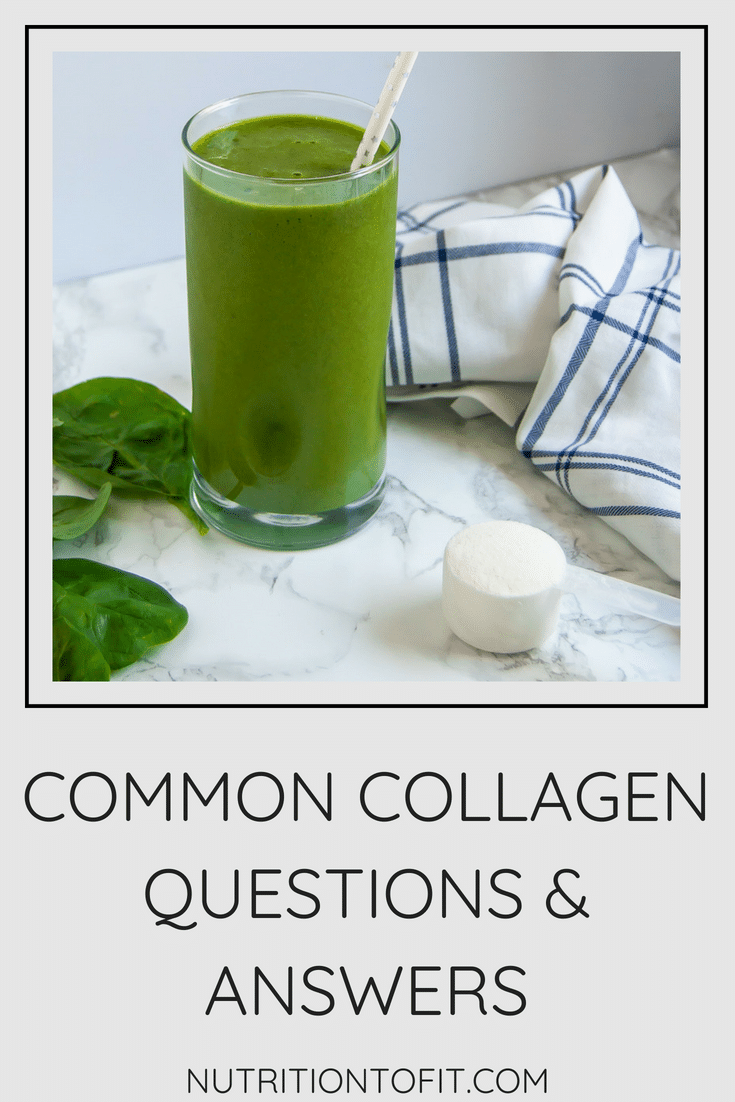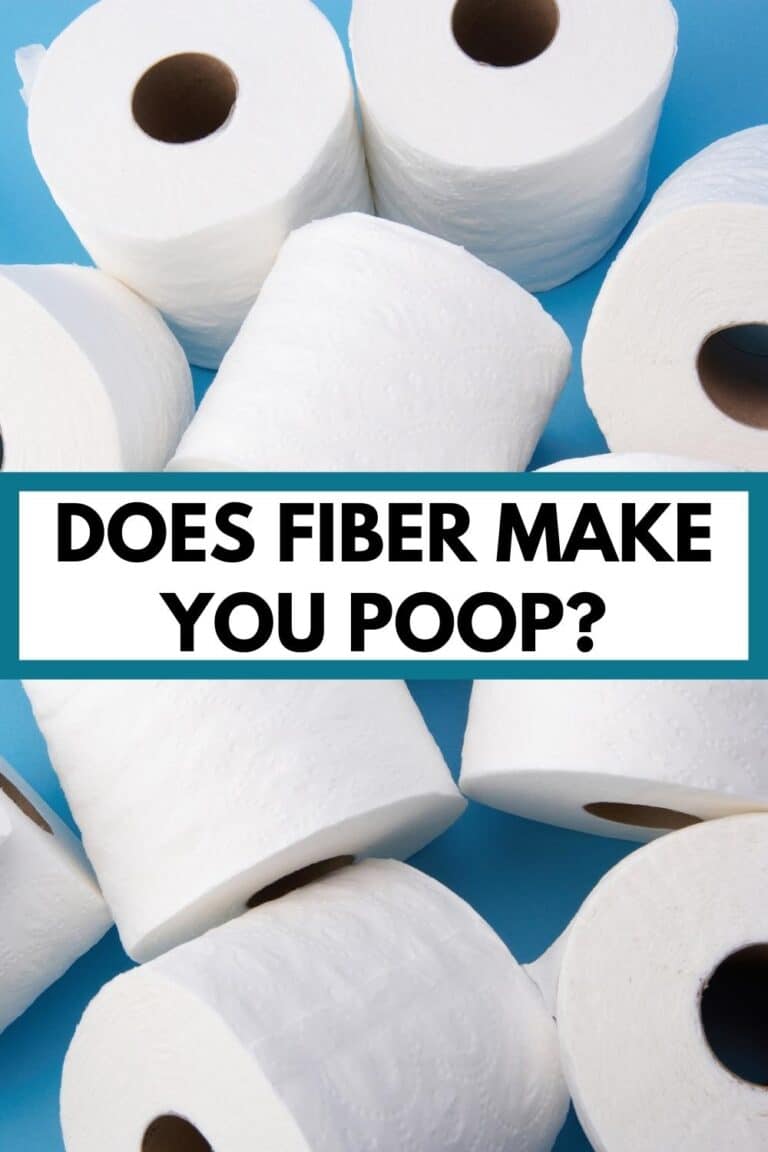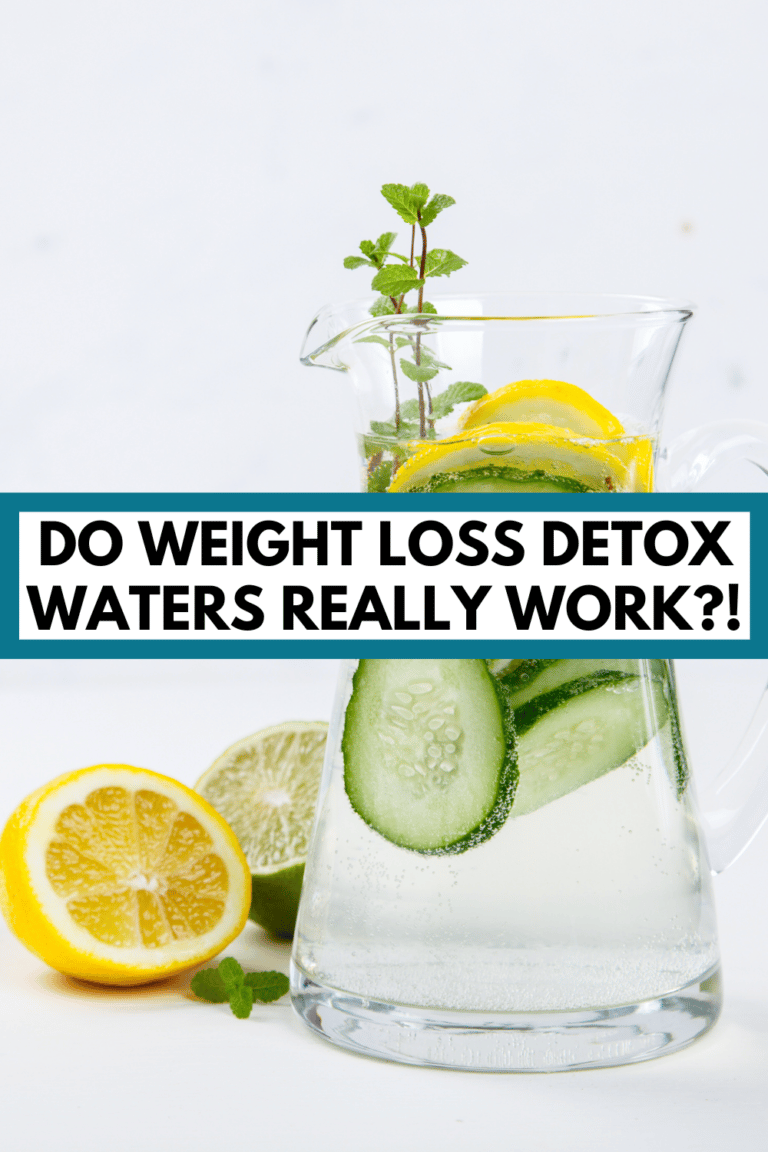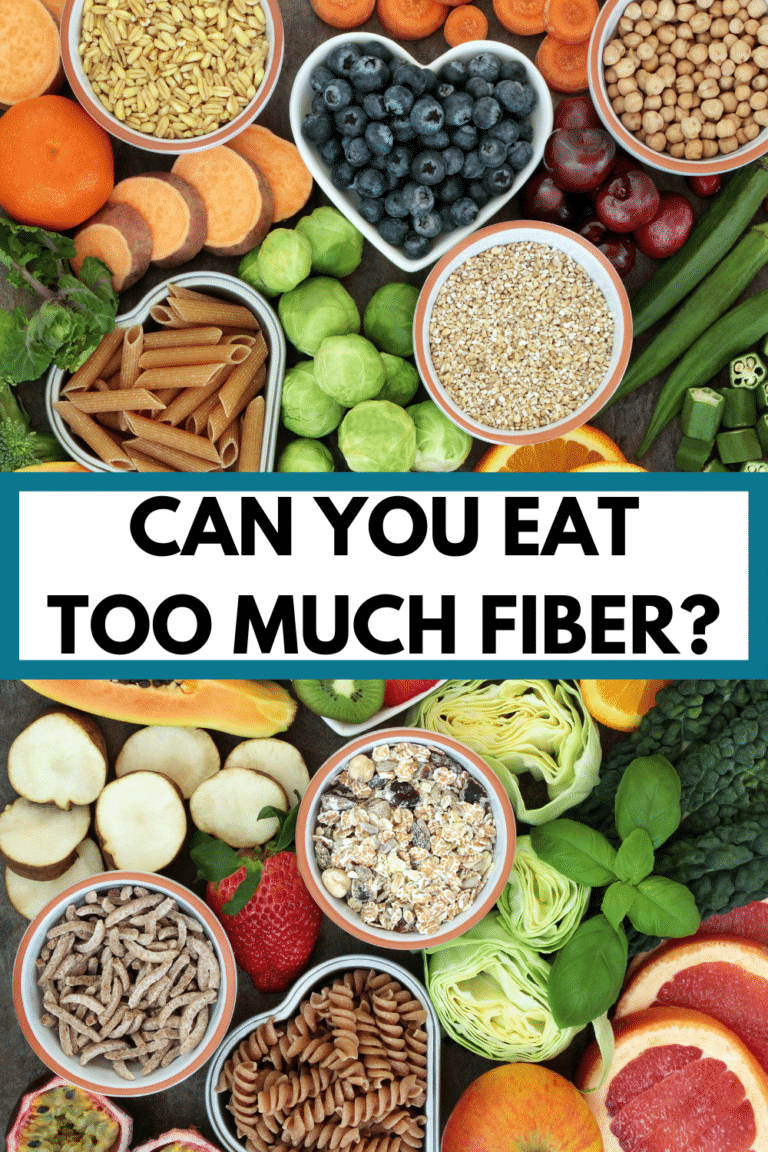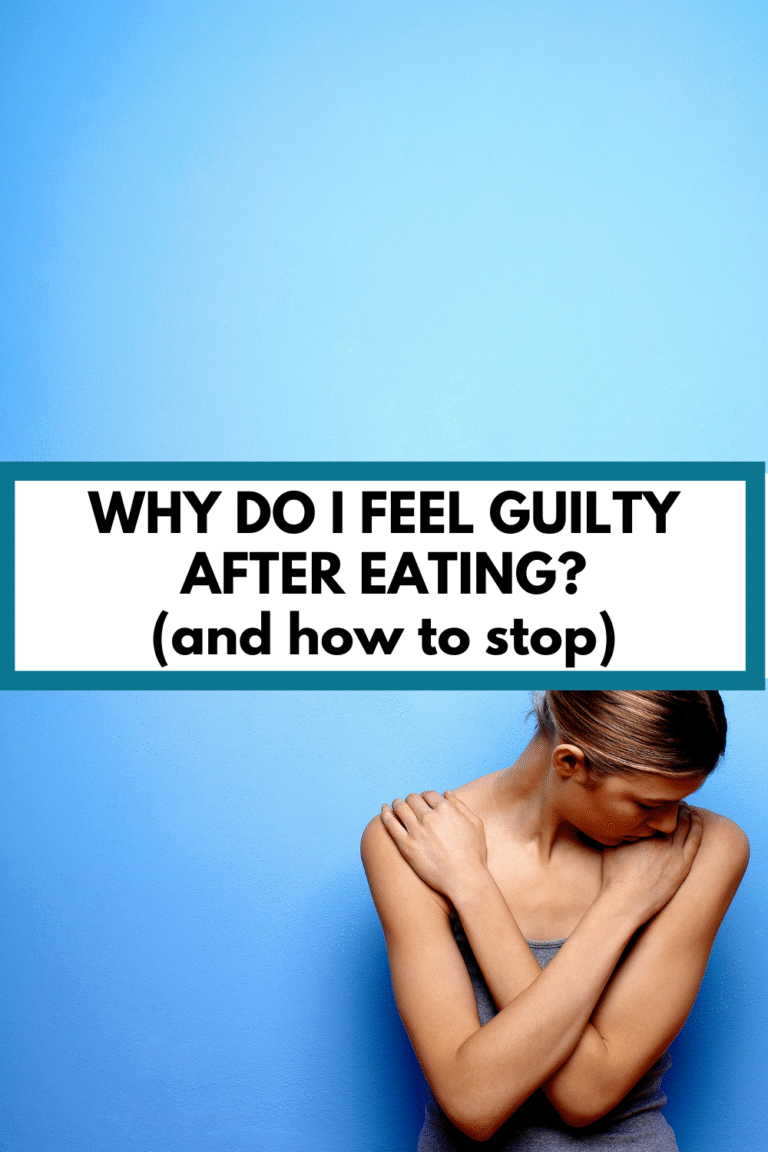Is Watermelon Good to Lose Weight?
Is watermelon good to lose weight? Or is watermelon fattening? There’s a lot of misinformation surrounding this sweet fruit, so let’s sort it out. I’m a registered dietitian nutritionist and I’m going to take a look at the science of watermelon health benefits to determine if watermelon for weight loss is fact or fiction.
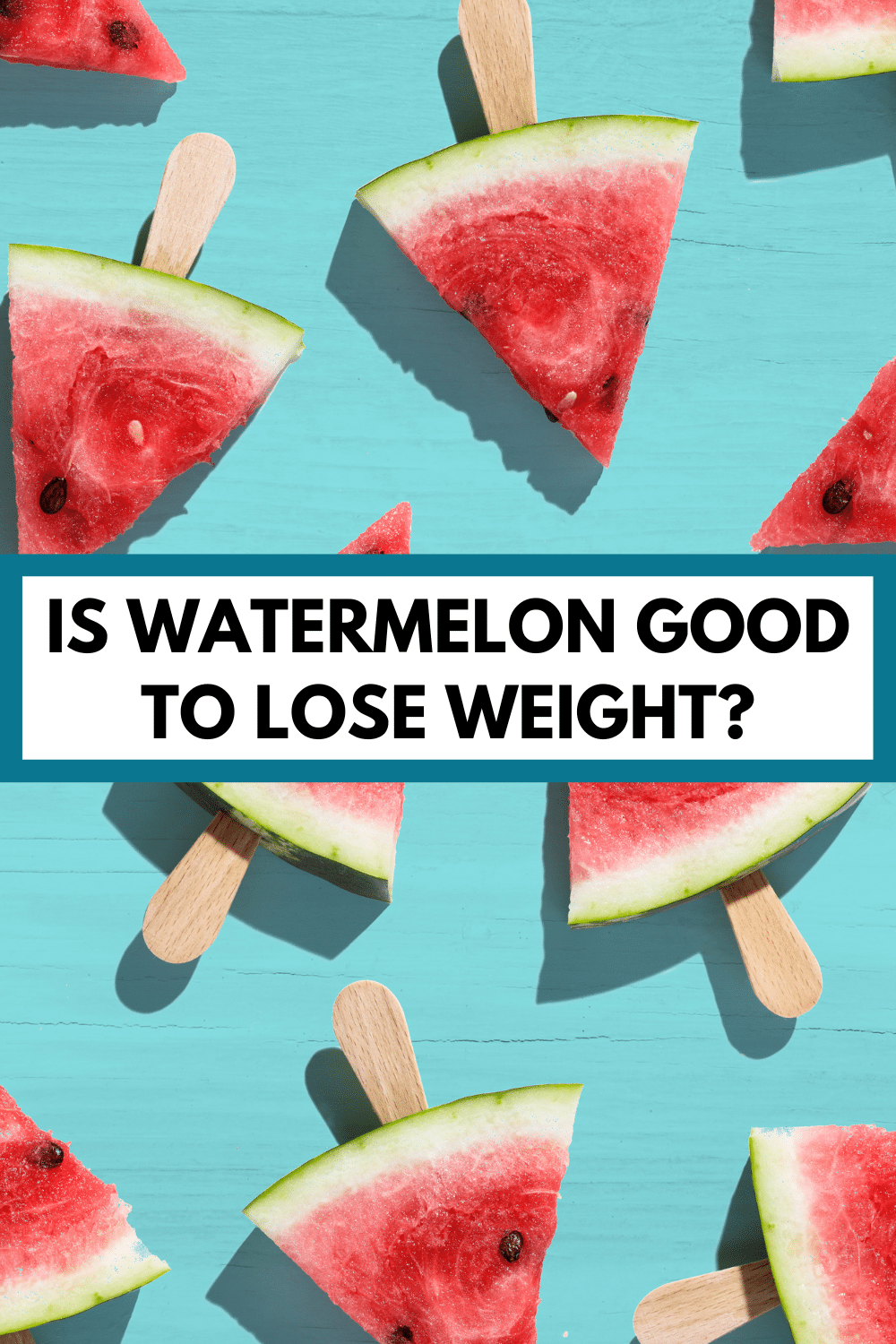
Watermelon Health Benefits
While watermelon doesn’t quite meet the FDA’s definition of a low calorie food (40 calories or less per customary serving), watermelon still is pretty low calorie, providing just 46 calories per one cup (diced).
Watermelon provides several vitamins and minerals, including vitamin A, vitamin B1, vitamim B6, and vitamin C. It’s also rich in lycopene, an antioxidant that may provide cardiovascular and anti-cancer benefits.
Additionally, watermelon is 91.4% water, making it incredibly hydrating.
Ways Watermelon is Good for Weight Loss
So is watermelon good to lose weight? Yes, it absolutely can be. In fact, there’s even a study that looks specifically at watermelon’s role in weight management. This study suggests that watermelon consumption significantly decreased weight, BMI, systolic blood pressure, and waist-to-hip ratio.
But there’s some other information we know about watermelon that also shows why it’s good for weight loss.
Low in Calories
With just 46 calories per cup of watermelon, it’s a fairly low calorie food, making it easy to fit in a calorie deficit diet. And at the end of the day, while there are many variables that can complicate this, weight loss boils down to a sustained calorie deficit over time.
Hydrating & Satiating
Watermelon has over a 91% water content, making it incredibly hydrating. For many reasons, increased hydration can contribute to successful weight loss efforts. (And hydrating foods like watermelon absolutely contribute to your body being more hydrated.)
Some studies have found that pre-meal water consumption may lead to a lower intake of food at meal, which can contribute to moderate weight loss over time.
The low calorie, high volume nature of watermelon and similar foods can lead to a satiating effect. Meaning, they may help you feel more full and satisfied.
Satisfies a Sweet Tooth
Despite being so low calorie, watermelon is incredibly sweet. And folks with a sweet tooth may just find that it helps satisfy that craving.
As a dietitian, I’m a big proponent of finding sustainable health and weight loss strategies that work for you. If you have a sweet tooth, swearing off all sweets forever likely isn’t the most sustainable strategy for you.
Intentionally allowing sweet-tasting foods, including watermelon, can be part of a weight loss routine and may make your new habits and results stick around for good.
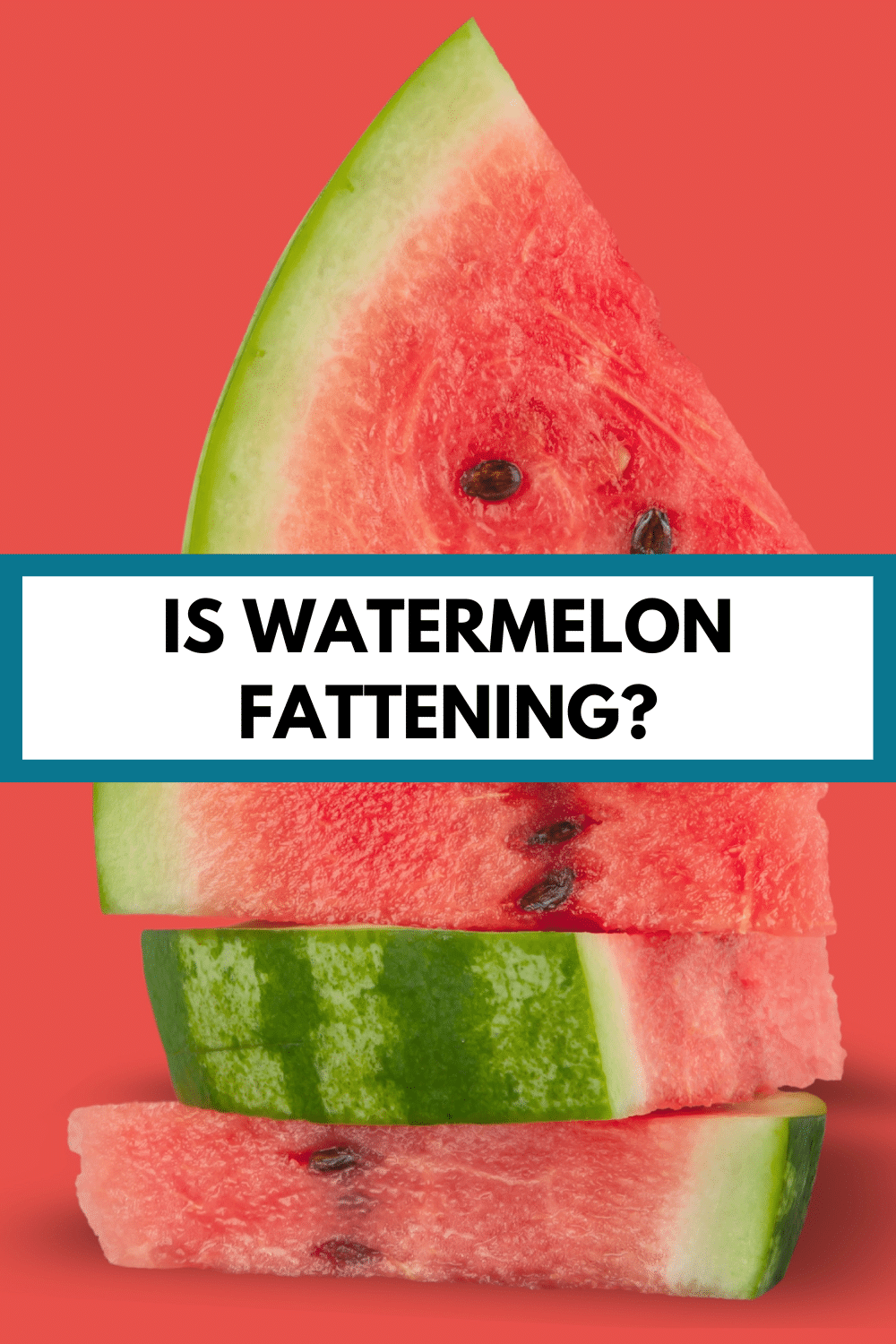
Can You Eat Too Much Watermelon?
As with literally anything, it’s possible to eat too much watermelon.
Watermelon is high in FODMAPs (fermentable oligo-, di-, monosaccharides, and polyols). While FODMAPs are short-chain carbohydrates that aren’t easily absorbed in your gut, most folks tolerate them perfectly fine. However, some individuals, like those with irritable bowel syndrome, may find themselves particularly sensitive to FODMAPs, experiencing symptoms like bloating and constipation and/ or diarrhea.
Individuals with sensitive blood sugar, like those with diabetes and insulin resistance, may also experience atypically higher blood sugar levels if overeating watermelon.
And occasionally, overeating watermelon (or other foods high in lycopene) could contribute to a rare condition called lycopenemia, characterized by a yellow-orange skin tint.
What About the Watermelon Diet?
If you’ve heard of the watermelon diet, well, spoiler alert: I don’t advise it.
While exact protocols can vary, it’s essentially a cleanse where you eat *only* watermelon for 3 (ish) days.
Sure, it’s delicious, hydrating, and provides some vitamins and minerals. And as watermelon is so low calorie, you likely will see the scale go down by the end of the three days.
But is it sustainable? Probably not. Three days just isn’t enough time to create lasting, meaningful changes. Most of this weight loss is likely water weight and minimal roughage in the system that would lead to stools. And as soon as you start eating more food again, no matter what the food is, you’ll typically see the scale go back up.
When it comes to weight loss, a good rule of thumb is that sustainable methods = sustainable results.
Oh, and with the watermelon diet you’re getting no protein or healthy fats during the cleanse, and some folks may face potential negative blood sugar impacts.
I strongly do not recommend the watermelon diet for children, teens, pregnant or breastfeeding women, or anyone with a medical condition or health concern of any kind.
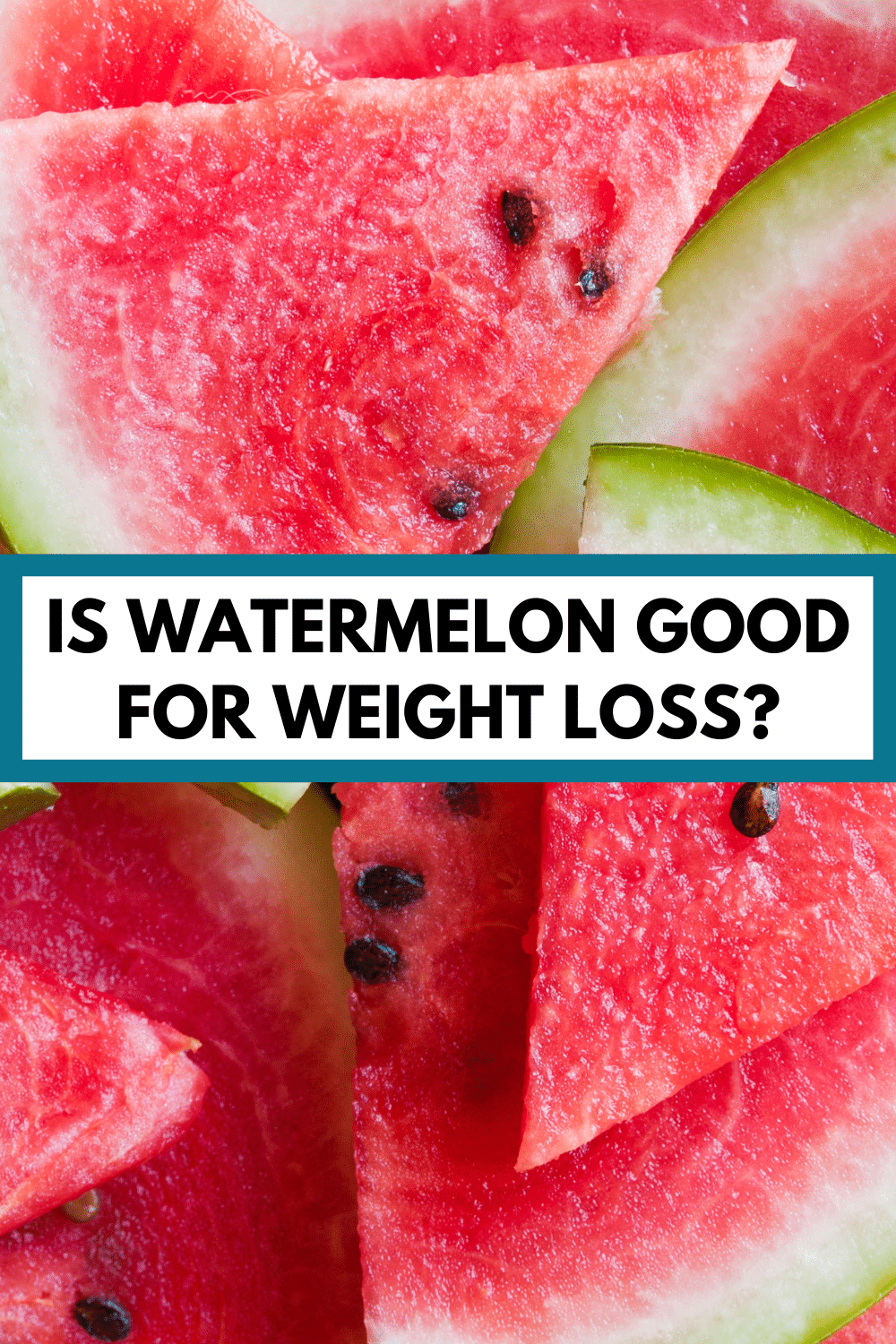
Ways to Include Watermelon in Your Diet
Watermelon can obviously be simply enjoyed as is! I mean, is there much better on a hot summer day that juicy, cold watermelon?
But if you’re seeking inspiration for other ways to include watermelon in your diet, try blending it in smoothies, agua fresca, making watermelon popsicles, or adding to salads.
Watermelon Recipes
So, Is Watermelon Good to Lose Weight?
Yes, eating watermelon can absolutely be a part of losing weight. It’s a hydrating, low calorie food that lends itself well to volume eating and satisfying a sweet craving with less calories. If you love watermelon and you’re on a weight loss journey, the science says watermelon is good for weight loss (and not fattening).

